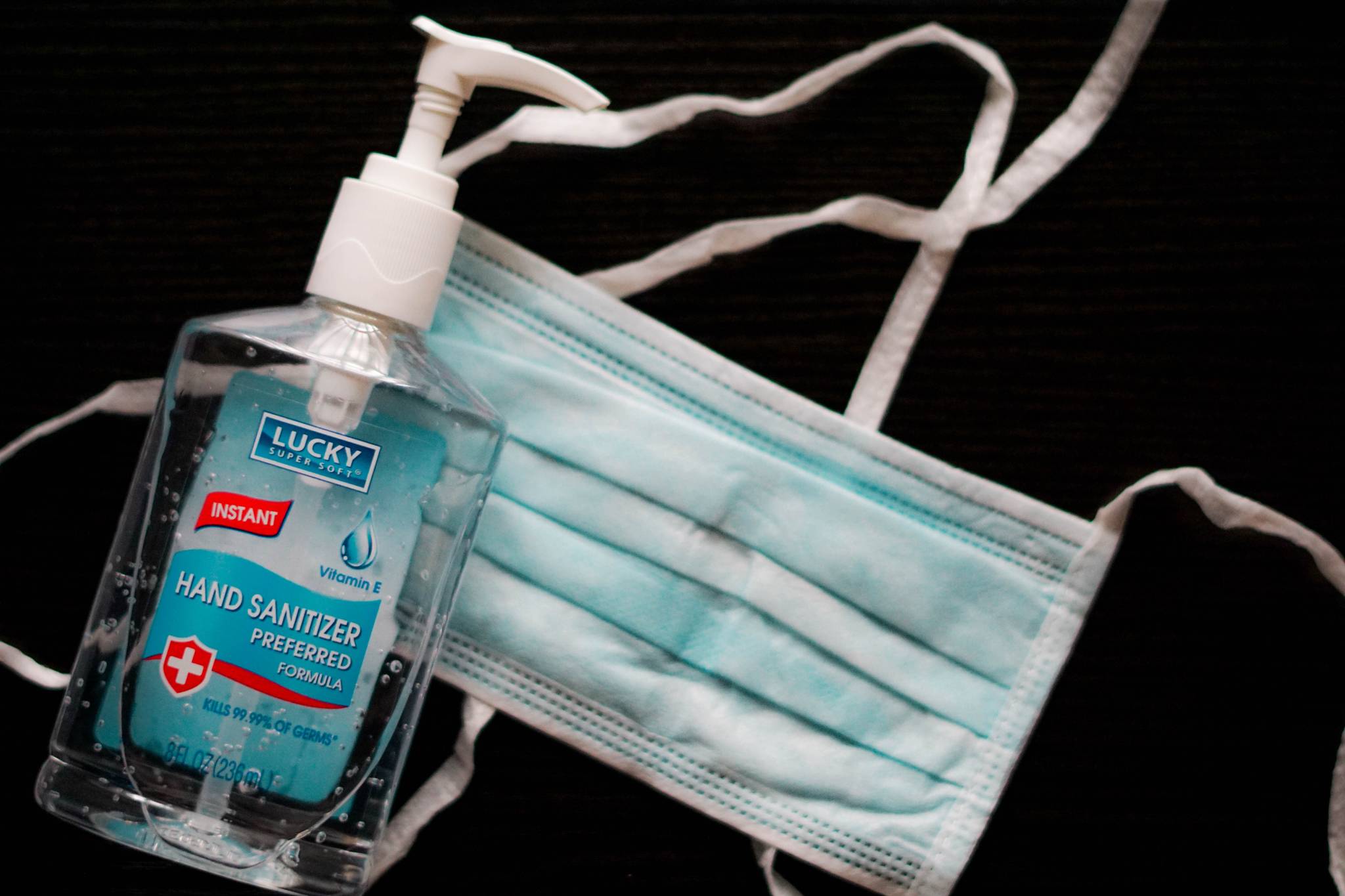By Becky Bohrer
Associated Press
The Anchorage city attorney said Monday a memo from Alaska Attorney General Kevin Clarkson, exempting state employees from a city mask order meant to guard against the coronavirus, “unnecessarily risks” the health of residents who work for or do business with state agencies.
Clarkson’s memo “sows confusion” and provides “inaccurate legal advice,” Kate Vogel, municipal attorney for Anchorage, said in a statement.
Anchorage Mayor Ethan Berkowitz signed an order Friday requiring face coverings in certain indoor public settings, such as stores, restaurants, public transit and communal office areas where people from multiple households are present. The order took effect Monday and contains numerous exceptions, including for young children and people who cannot tolerate a mask for health reasons.
In a memo to state workers Friday, Clarkson said the order does not apply to state buildings and facilities in Anchorage. The memo says Gov. Mike Dunleavy supports state employees who choose to wear face coverings.
Vogel said under state law, a home rule municipality “possesses all legislative authority not withheld by the legislature.” The Alaska Legislature hasn’t restricted Anchorage from issuing mask mandates and hasn’t exempted state buildings “from generally applicable local health and safety rules,” she said.
Dunleavy spokesperson Jeff Turner said the Clarkson memo was drafted at Dunleavy’s request. He said Dunleavy “is not opposed to the municipality’s decision on face masks” and the administration “has always allowed local governments, in consultation with the state, the ability to implement health mandates based on the circumstances in a community.”
But in this case, he said Dunleavy decided to “preempt” the mask mandate for state buildings and facilities in Anchorage. He said Dunleavy believes face masks should be voluntary and encourages their use.
The administration also promotes other measures aimed at slowing or preventing the virus’ spread, such as social distancing, Turner said. State agencies have implemented preventative measures, and many state employees are working from home and will be for the foreseeable future, he said.
The U.S. Centers for Disease Control and Prevention has recommended use of cloth face coverings in public settings where maintaining distance from others is difficult. The state has encouraged, but not mandated, such use.
Berkowitz said there are people with philosophical objections to wearing masks but he hoped people would largely comply with the order. When code enforcement officers typically respond to complaints, they advise individuals of the proper procedures and that’s usually enough to prompt compliance, he said Friday.
The state has reported 904 cases of COVID-19 involving residents and 183 cases involving non-residents. The number of infections is thought to be far higher because many people have not been tested, and studies suggest people can be infected with the virus without feeling sick.
For most people, the coronavirus causes mild or moderate symptoms. For some, especially older adults and people with existing health problems, it can cause more severe illness and death.
Alaska has reported 14 deaths related to COVID-19.
Meanwhile, the Seward Chamber of Commerce announced it was canceling already scaled-back plans for Independence Day.
Last week, state and local officials urged patrons and employees at two bars to be tested after possible exposure to the coronavirus. Brenda Ballou, the city clerk and public information officer, said Seward is seeing cases unrelated to the bars.
“It’s definitely in the community,” she said.
Kat Sorensen, the chamber’s communications director, said the holiday is economically significant to Seward. It’s not unheard of for the city of about 2,500 to swell to three times its size over the holiday, she said.
The cancellation of events will hurt everyone in town, she said. “But on the flip side of that, at this point, we’re seeing COVID impacting everyone in town as well,” she said.
The iconic Mount Marathon race — a large draw to Seward — previously was canceled, as were other events.

